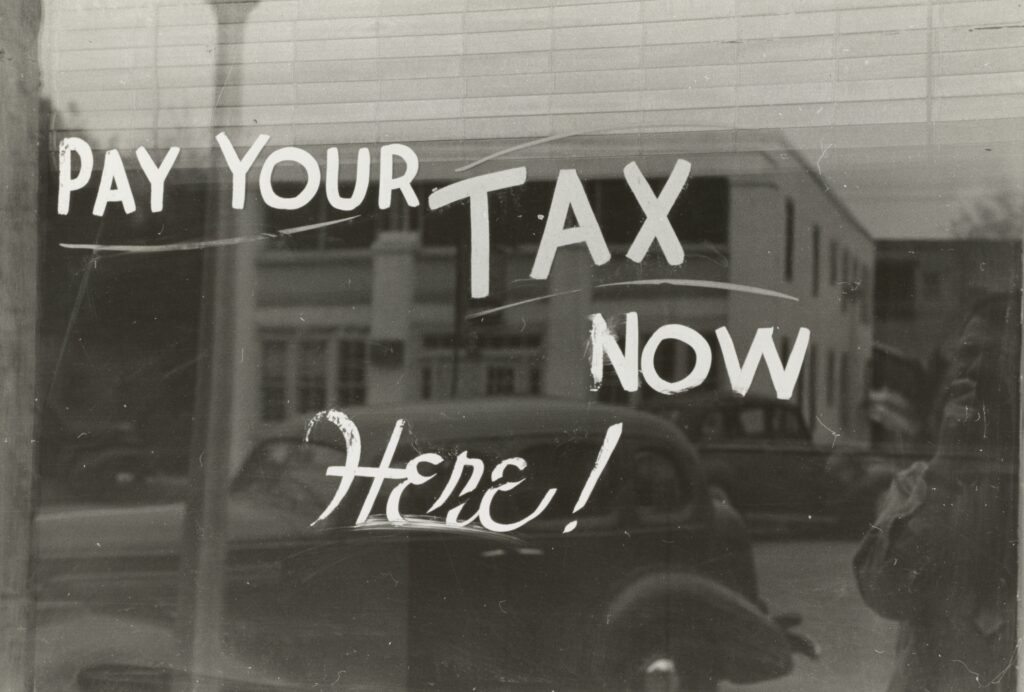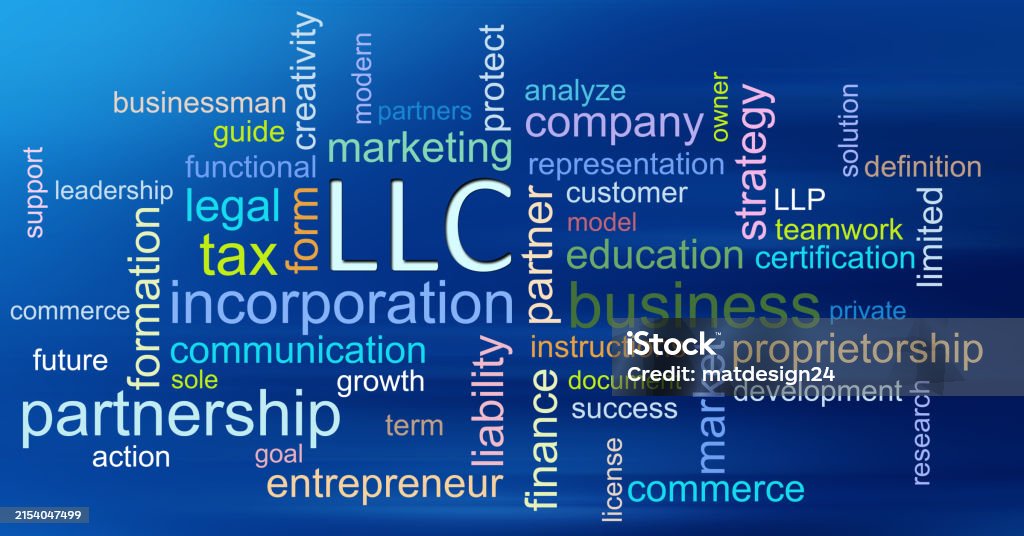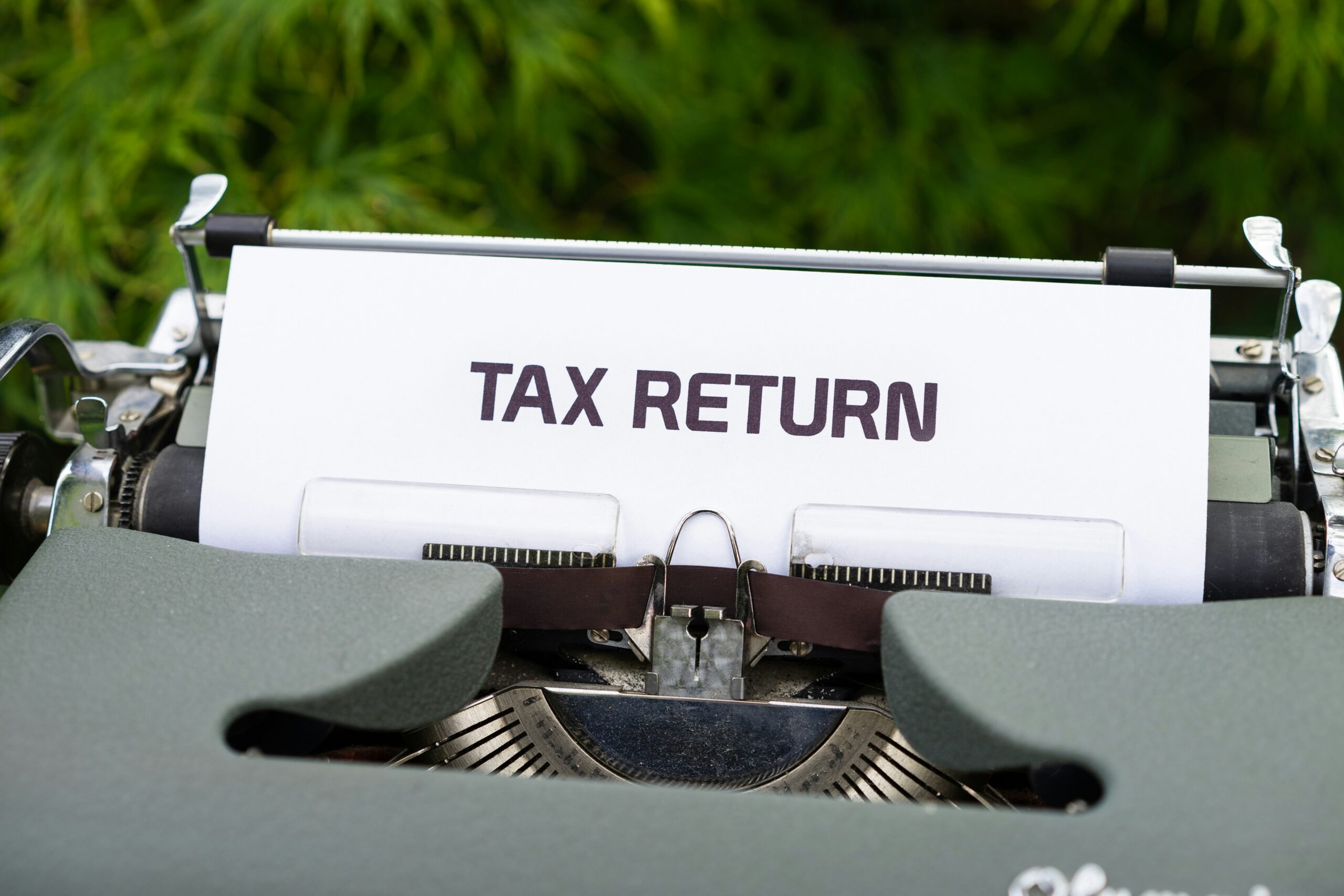Algeria’s tax system is dynamic and ever-changing, reflecting the nation’s budgetary strategy, social programs, and economic objectives. The Algerian tax system, which consists of a combination of direct and indirect taxes, is essential for financing infrastructure and public services. This paper explores Algeria’s tax system in a very humane way, dissecting its intricacies in a way that is both professional and interesting.

The foundation of Algeria’s tax system
Consider a nation as a massive machine, with taxes serving as the fuel that keeps it all going. In Algeria, taxes serve more purposes than merely raising revenue; they also guarantee that hospitals run smoothly, schools teach the next generation, and roads are constructed. Because the system is divided between direct and indirect taxes, the government may raise money while preserving economic equilibrium. Here, taxes are more than just figures; they reflect the combined efforts of companies and residents to advance the country. The tax code affects your everyday life in ways you may not even be aware of, whether you are an individual or a business.
Direct taxes
In Algeria, direct taxes represent a direct, personal commitment to the development of the country, much like a handshake between the people and the government. The Personal Income Tax (PIT), which is levied gradually according to income levels, is the most well-known direct tax. Your tax bracket rises in proportion to your income, guaranteeing equitable contributions. Next is the Corporate Income Tax (CIT), which is levied on companies to make sure they contribute to the upkeep of public infrastructure. Algeria also imposes a wealth tax on high-net-worth persons to more fairly allocate financial resources. Even though they might be onerous at times, these taxes are necessary to maintain the nation’s basic services.
Indirect taxes
The unseen engines of Algeria’s economy are indirect taxes, which are ubiquitous in day-to-day transactions yet frequently go unreported. One such example is the Value-Added Tax (VAT), which is levied at rates of 9% or 19% on goods and services. A percentage of the price of each cup of coffee you purchase supports national development. Then there are the customs duties that are levied on imported items to safeguard local businesses and make money. In addition to increasing government revenue, the excise tax on goods like alcohol and tobacco discourages detrimental use. Despite being less obvious, these taxes have a significant impact on the economy.
Corporate taxation
Taxation is a strategic game that demands careful preparation for Algerian enterprises. Depending on the industry, the Corporate Income Tax (CIT) has rates that range from 19% to 26%. To ensure that earnings are fairly distributed to the state, businesses must also manage the Dividend Tax and the 2% Tax on Professional Activities (TAP). By providing exemptions to companies operating in key industries, Algeria promotes investment through tax incentives. However, non-compliance has a price: severe fines and audits hold businesses accountable. Knowing these taxes is not only required of business owners but also essential for their survival in the Algerian market.
Social contributions
Algerians ensure a safety net for everyone by contributing to social security funds in addition to regular taxes. Employers and employees contribute a portion of wages to unemployment insurance, pensions, and health insurance. Consider it a group savings plan, whereby contributions made now guarantee future health care and retirement benefits. These deductions constitute the foundation of societal stability, even though some people see them as a hardship. Many folks would suffer in difficult times without them. Algeria’s dedication to a welfare state, in which social protection and economic progress are balanced, is shown in these contributions.
Tax evasion and compliance challenges
There will always be people attempting to evade taxes wherever they exist. In Algeria, tax evasion is a recurring problem, with some companies and individuals coming up with inventive ways to avoid paying taxes. To enforce compliance, the government retaliates with stringent laws, audits, and fines. Another significant issue is the informal sector, which is made up of unregistered companies that do business outside of the tax system. Some people intentionally avoid taxes, which reduces national revenue, while others do it out of need. Building a just and efficient tax system requires finding a balance between incentives and enforcement.
Recent reforms and future outlook
The tax system in Algeria is always changing to reflect changes in the economy and worldwide patterns. Digitalization, tax simplification, and investment incentives are the main focuses of recent changes. To increase transparency and decrease bureaucracy, the government is adopting technology to expedite tax collection. Tax laws are being changed to encourage both domestic and international investment while keeping economic diversity in mind. The key to Algeria’s taxation future is developing a fair and effective system that promotes growth without placing an undue burden on individuals and companies. Algeria wants to achieve the ideal balance between economic growth and revenue collection while reforms continue.
Conclusion
Fundamentally, taxes in Algeria are about collaboration—a shared commitment by the government, enterprises, and residents to create a better country. Although nobody likes paying taxes, there is no denying their influence on public services, healthcare, education, and infrastructure. Fairness, long-term prosperity, and economic stability are all guaranteed by a well-designed tax system. The objective is still clear as Algeria works to improve its tax laws: to provide a framework that promotes economic opportunity for everyone while advancing national development.
You may also find these articles helpful
Taxes in the United Arab Emirates
Guide on company registration in Algeria




